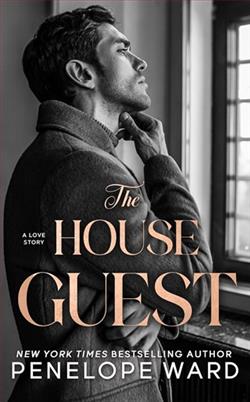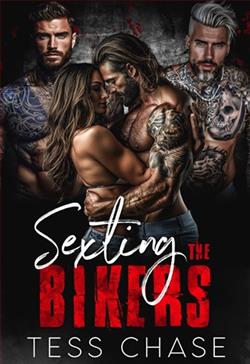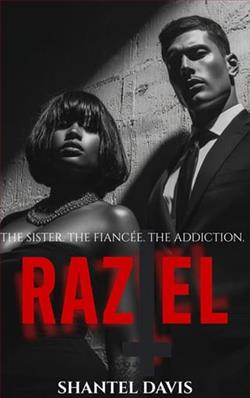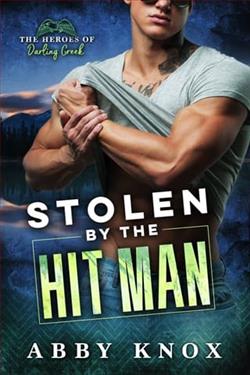Page 32 of Merritt and Her Childhood Crush
She touches my arm, giving me permission to make eye contact.
I wish I hadn’t.
“I especially didn’t mean that you were too small-town for me. If anything, you were too big. Too much. You were the world to me. And … well. I was too immature to know how to process all that.” Her smile is small. Rueful. Painful. “Took me years to realize all this.”
We look away at the same time. My gaze falls to her bare feet, then I look out at the biggest palmetto in Genevieve’s yard, swaying a little with the breeze.
For a few minutes, we sit in silence. I let her words settle over me like a fine dust that clouds the air before it drifts down to rest.
It wasn’t the explanation I expected. The thing is, the reason Merritt’s rejection stung so badly all those years ago was because she only said things I already believed were true.
Ialreadythought Merritt was too good for me. Destined for something bigger than what Oakley Island could offer. Bigger than what I could offer.
All she did was confirm what I already believed was true. And the fact is, shedidmake something of herself. Something amazing. Something that never would have happened had she wound up with me.
But it does help to hear her take on things. To have the edges softened. As much as I believed her, even then, I never quite reconciled how she used her words as weapons. Why she fought me at all.
Her explanation has the ring of truth. It fits, solving the puzzle I never understood.
It’s not all that different from what her Gran tried to tell me the one and only time she brought it up. I can’t even remember how our paths crossed. Maybe the grocery store? Anyway, Genevieve stopped me, met my eyes, and said, “She’s hurting, Hunter. But she’ll be back for you.”
I guess both parts of that statement turned out to be true. Even if she came back too late.
And not for me.
“We were young,” I say, because it’s the only truth safe to tell.
“I’m sorry I hurt you.” Merritt huffs out a breath like she’s finally gotten to the end of a prepared speech. “I’ve always been sorry,” she says. “And, um, you can make eye contact now. Not that you have to.”
I lift my eyes. She’s already looking my way, her face expectant. Hopeful. Vulnerable.Beautiful.
In this moment, I want to give her anything she asks for—forgiveness, a hefty discount on my work, a new car. Myself—if I’m even something she’d want.
Thing is, I’m not sure I can afford to give her anything.
The cost to me might be too high.
“I’d like for us to try and be friends,” she says, holding my gaze but looking suddenly vulnerable. “If you want to be.”
Friends.Only friends.Because she hasSimon. And regardless of what she did or didn’t mean back in the day, she has a life in New York City.
I swallow. “Friends,” I repeat, like I’m trying to pronounce some word in another language. Halting. Hesitant. Foreign.
She smiles, but it’s the kind that says the opposite. “Don’t sound so excited. We can also just work on the house and keep things totally professional and impersonal. If that’s what you want.”
“Yeah, because we’re so good at being professional.” I laugh, and she does the same.
“I’m terrible at this, aren’t I?”
I’m not sure whatthisshe’s referencing—apologizing, dealing with the past, having a serious talk—but I know how much Merritt hates being bad at anything at all.
I once watched her wear her hands down to blisters trying to hit a baseball because some snot-nosed punk boy told her she swung like a girl. When she finally let go of the bat after nailing a ball over the fence, her hands left bloody smudges on the wood.
But she only cared about her hit. The kid wasn’t even there to see it. But I was. Because she made me pitch. My shoulder was sore for days.
“You’re doing fine,” I say. “Except, your speechwasa little long-winded. I’ll deduct a few points for bloat.”
“Bloat? That was the trimmed-down version. You should have heard the original. At least half an hour.”















